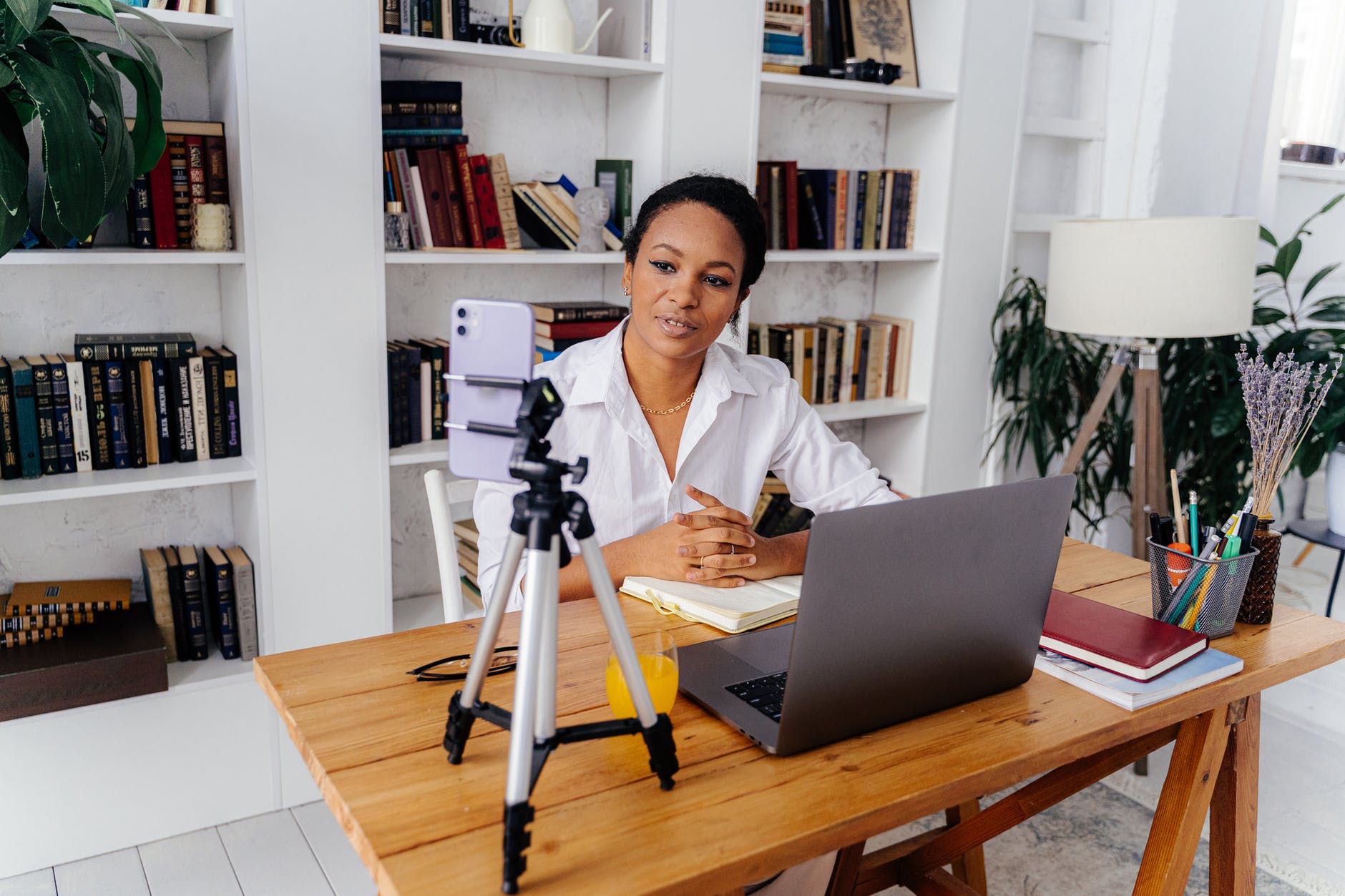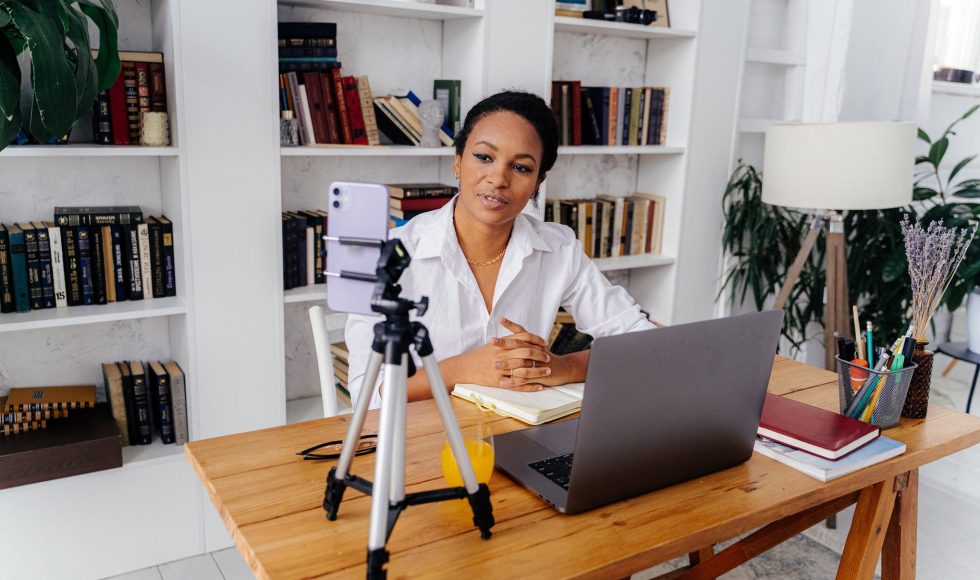Today I watched a session from day 3 of the ALT 2021 conference that I had watched before, a couple of weeks ago. The session entitled “Promoting Connectedness – the importance of peer mentors in an intra-curricular online learning space” caught my attention. The speakers were Peter Bryant, Juliette Overland, Danielle Eden, and Natasha Arthars. Bryant is from the University of Sydney and acknowledged the elders “past, present, and emerging and the indigenous people of this country.” I thought that was a lovely way to start and seamlessly integrated into the introduction. They manage a very large masters program. The group developed coursework that included online workshops and peer mentors that were doctoral students in business. Eden explained how they ran the program completely online using MS Teams. Future Makers was an “immersive crowdsourcing” program to share ideas. The program for students included research connections, reflection & feedback, Business Not as Usual Forum 2.0 (BNAU 2.0), and badging & rewards for participants. Eden stated that the program was designed with a combination of asynchronous and synchronous sections with a focus on inclusivity. The research team conducted a mixed methods study. Part of the research question evaluated the impact and role of peer mentors. Three-minute presentations were used to challenge students to provide “pitches” and peer mentors had rubrics to provide feedback. I thought it was interesting that the feedback was provided verbally. The rubric allowed for “reflection in action” and “reflection on action” after the presentation. Eden explained how they used the Community of Inquiry Framework to promote connectedness and they mapped responses to the social (welcome activities posts, pitch feedback, peer support sessions), cognitive (engaged with masterclass/fireside chats, led workshops, pitch feedback), and teaching (part of the academic facilitator team, students as partners in learning, peer mentor sessions). For the study, the research team looked at the student survey data, the case studies and workshops, and reflections of the peer mentors. Eden cited the work of Matthews 2017 about the “Five propositions for genuine students as partners practice:“
- Foster inclusive partnerships
- Nurture power-sharing relationships through dialogue and reflection
- Accept partnership as a process with uncertain outcomes
- Engage in ethical partnerships
- Enact partnership for transformation
Eden also used a study by Lehktomaki (2016) that explored the sense of belonging and recognition of shared challenges. Challenges included time zone differences and online exhaustion. Training and adaption to new technologies was mentioned several times… During the question and answer session, the group talked about connections and access. As we start the RLOE sessions for cohort 1, this recording emphasized the possibilities of peer partnerships.



